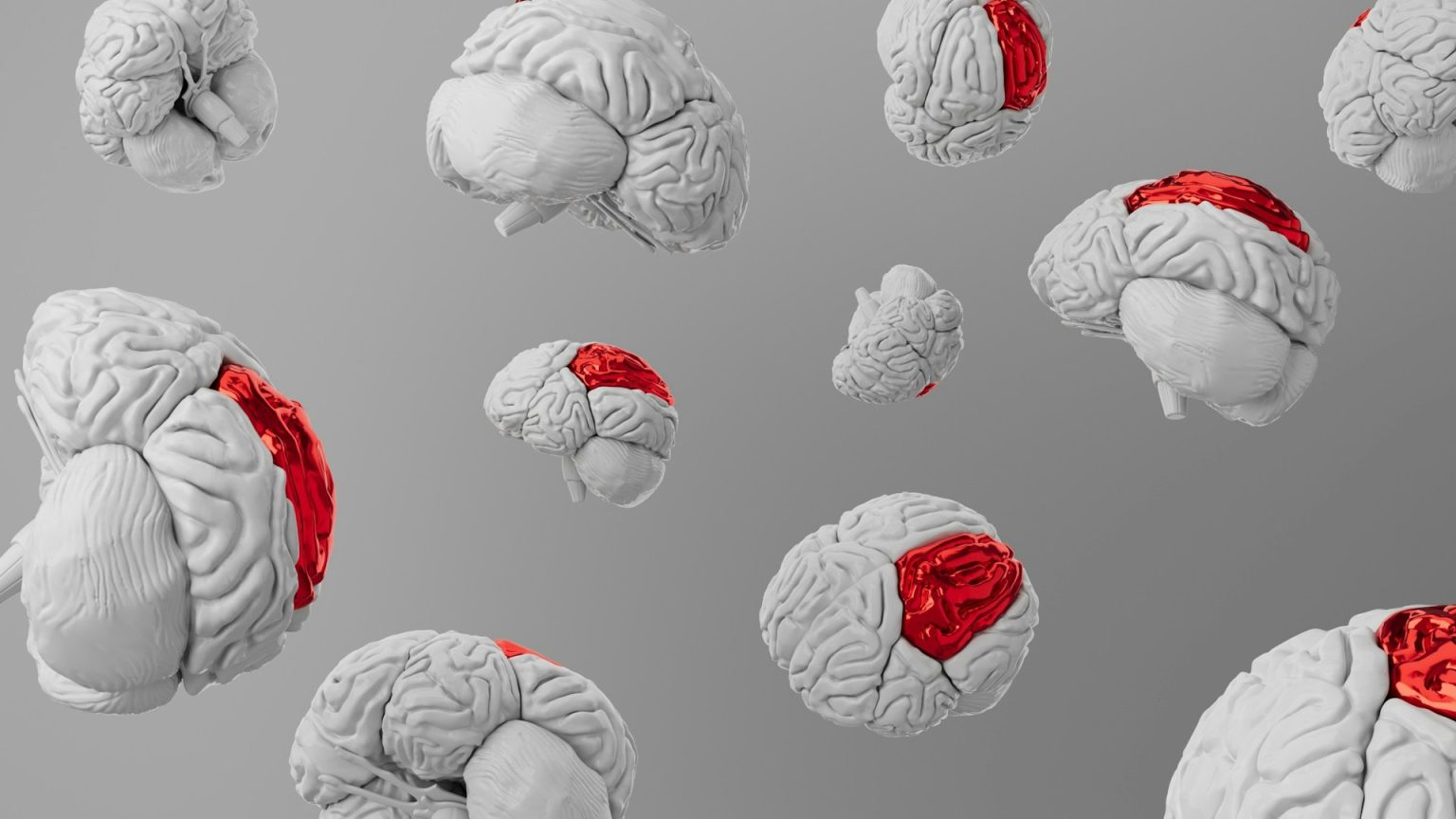Paul Bloom argues that human pleasure is “deep”—that is, rooted in what we see as the essence of objects and people.
Question: What is the concept behind “How Pleasure Works”?
Paul Bloom: “How Pleasure Works” explores the pleasures of everyday life. So it starts off with seemingly simple pleasures, like food and sex and love, and then it goes on to pleasures like the pleasure we get from owning certain objects, the pleasure we get from reading books and going to movies, the pleasure we get from art, even the pleasure of religious ritual. And I focus on these pleasures in all sorts of ways and I say different things about them. But the main argument of the book is that pleasure is deep. What I mean by that is, that when we get pleasure from something, we don't just resonate to its surface, superficial appearance, we respond instead to what we think that thing really is, where it came from, what's its history, what's inside it. So for sex, it critically matters for sexual arousal and sexual interest who you think the person is. Do you think it's a man or a woman, is it a relative or a stranger, how old is that person, what's that person's sexual history? All of those factors, invisible to the eye, have a deep affect on sexual interest. For food, it matters enormously what you think you're eating. Not just in sort of the abstract consciousness of what you choose to buy or what you choose to put in your mouth, but in how it tastes. The price of food, how natural it is, how healthy it is, are all considerations that affect your taste experience of it. Maybe the most practical application of this is wine. So there's now several studies showing that the more expensive you believe a bottle of wine to be, the better it will taste to you.
In some of my own work, I've looked at the pleasure of consumer products. So people will pay more for something and will enjoy it more if they believe it was owned by a celebrity. If they believe it was touched by a celebrity. In fact, a way to make such an object lose value is to wash it thoroughly. They don't want it washed because it's as if it washes off the essence of the person who touches it.
I got into this work because I'm interested in a claim that cognitive psychologists and philosophers have made over the human mind, which is that we're common-sense essentialists. When we understand something, like when we name it or categorize it, or choose what to do with it, we don't just respond to what it looks like, we respond to what we believe it's deeper essence is. Now, this is commonly been applied to more cold-blooded tasks, like naming and categorization. I wrote this book because I was interested in the idea that essentialism applies more generally and that essentialism can help explain a lot of, some mysteries of our every-day pleasures.
Question: Why can our pleasure in something change when its essence doesn’t?
Paul Bloom: I think essentialism is an important part of the story and it's something which common theories of pleasure tend to miss. But I wouldn't argue for a minute against ideas or other factors that affect pleasure. So one factor that affects pleasure is simple experience. Faces, for instance, will look more attractive the longer you look at them. Something psychologists have called the mirror exposure effect. When it comes to music and art, you often get what looks like a sort of inverted U-shape curve. So you start off, when you hear a new song, you might not like it that much, then the more you hear it, the more you like, the more you like it, the more you like it, until it reaches a certain point where boredom kicks in, and now you don't like it any more. And a lot of this sort of U-shaped curve shows up for all sorts of things, from the foods we eat to the books we read, to the people we encounter.
So I don't doubt for a minute that there are low level processes like mirror exposure and like simple sensory pleasures that exist. But my, the argument I make throughout the book though, is that we tend to overestimate how much of our pleasure is determined by these simple processes. People believe, for instance, that when they taste wine, the pleasure they get from wine, is due to the chemical composition of what they're drinking. It's due to what's hitting their tongue and their nose. And when you tell them that's not true, that their pleasure is easily manipulated by telling them different things about the wine, like where it came from, how much it cost, and so one, people balk at this, they say, "That might work for other people, but not for me, I taste the wine." But one of the great surprises, I think, from psychology, is the extent to which our every-day experiences are shaped by our beliefs. Even in cases where we're unconscious that we have these beliefs and these beliefs are playing that role.
Question: To what extent are our likes and dislikes innate?
Paul Bloom: It's a very hard question, looking at human differences, to try to explain their origin. So some people like cheese, I don't like it at all. Some people are gay, others are straight. Some people have radically different tastes in movies and books, in artwork, in ritual. And I'll admit, for the most part, these are mysterious. There's not much evidence that these tastes can be substantially shaped by your upbringing. There's also not much evidence that these tastes are genetically determined. So I think what you have is a picture that goes like this. We have innately universals of tastes. Everybody likes a melody of some sort, everybody responds in some way to sexual stimuli, every baby likes the taste of sweet milk, everybody likes art. But then you get these differences, these differences of cross cultures, different cultures have different music, and these differences within cultures. Your taste in music isn't going to be the same as my taste in music. And music is largely mysterious. One of the great puzzles of modern psychology is to explain these individual differences and I think we're largely at a loss.
Recorded on November 20, 2009
Interviewed by Austin Allen






